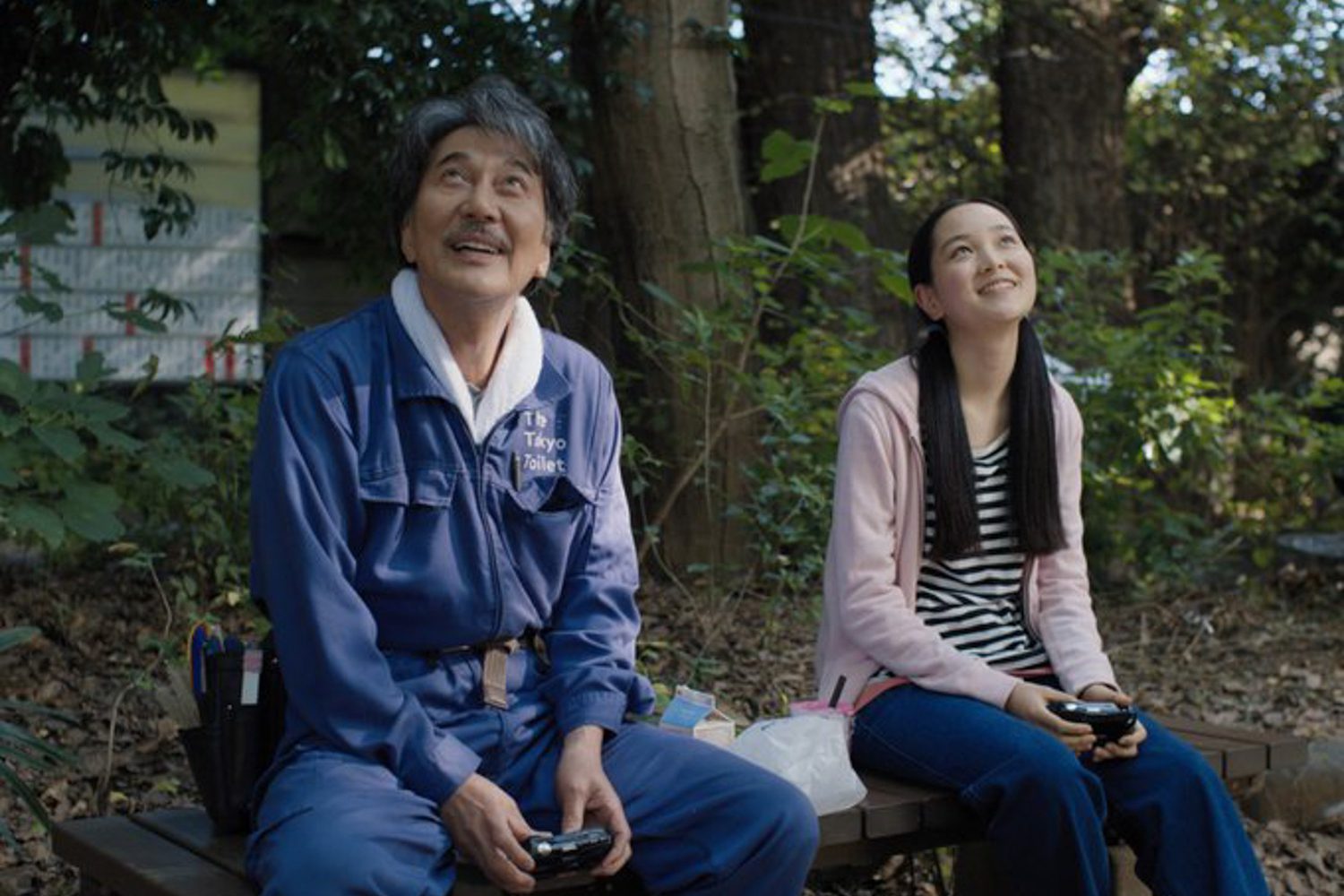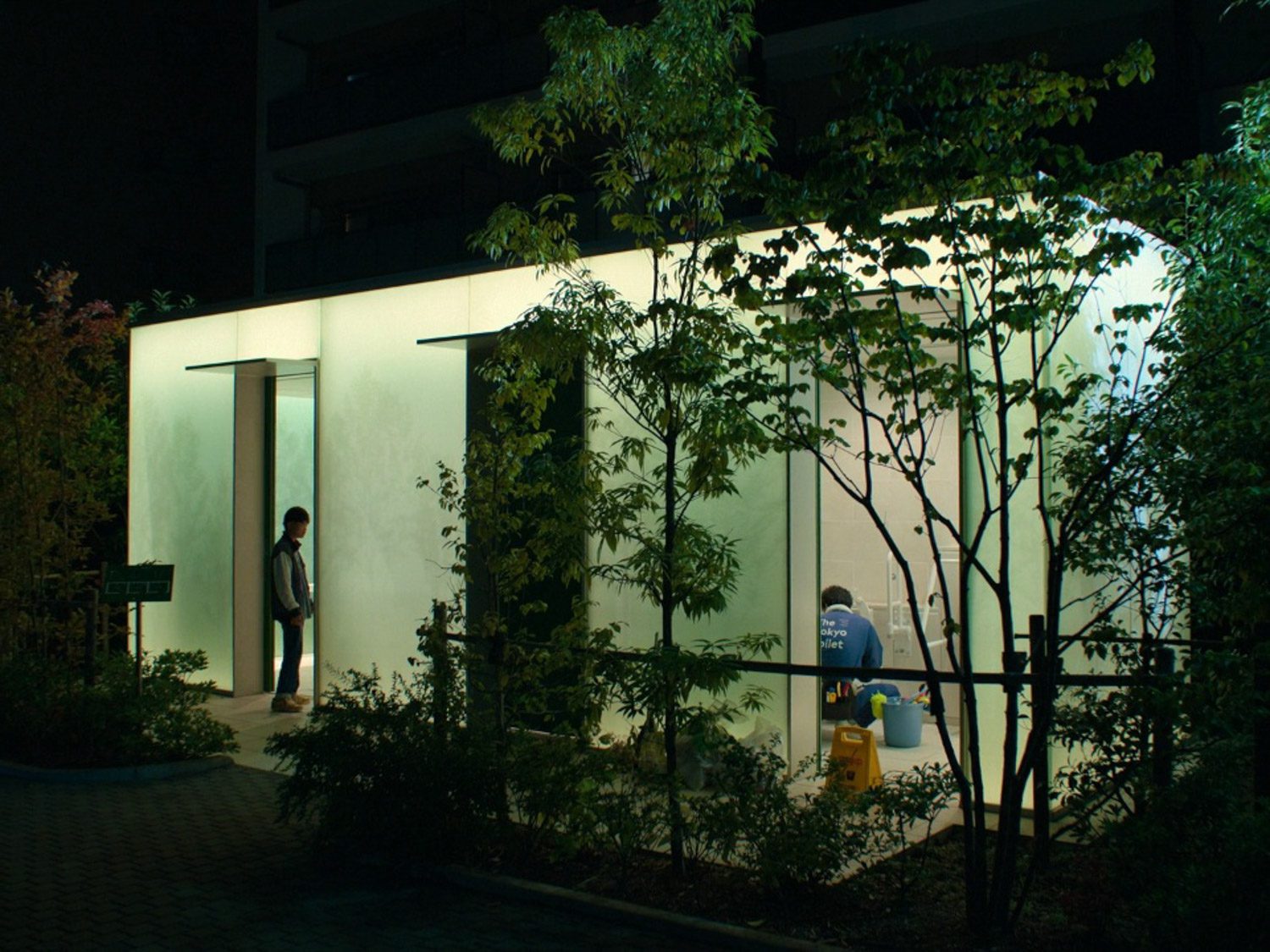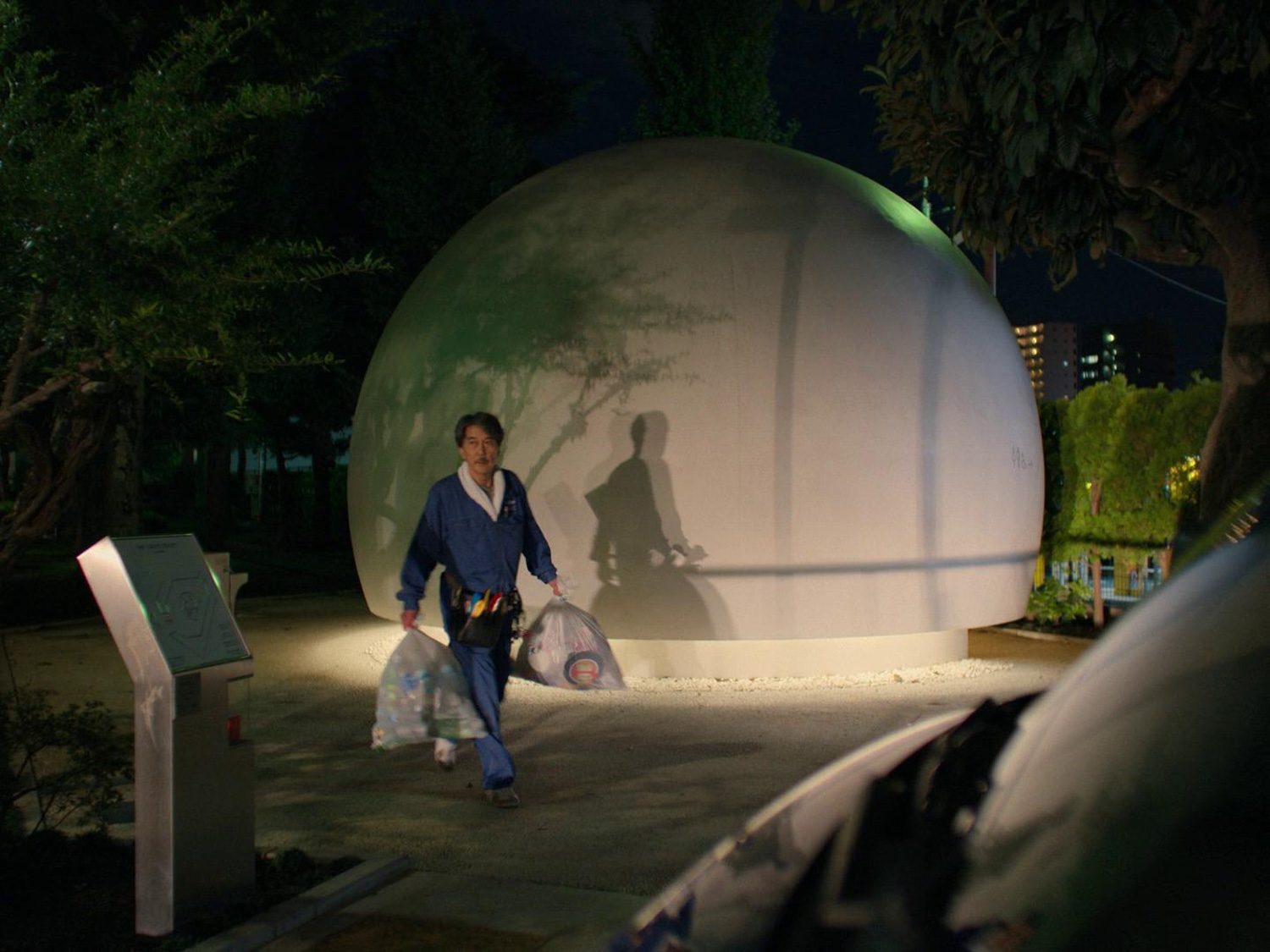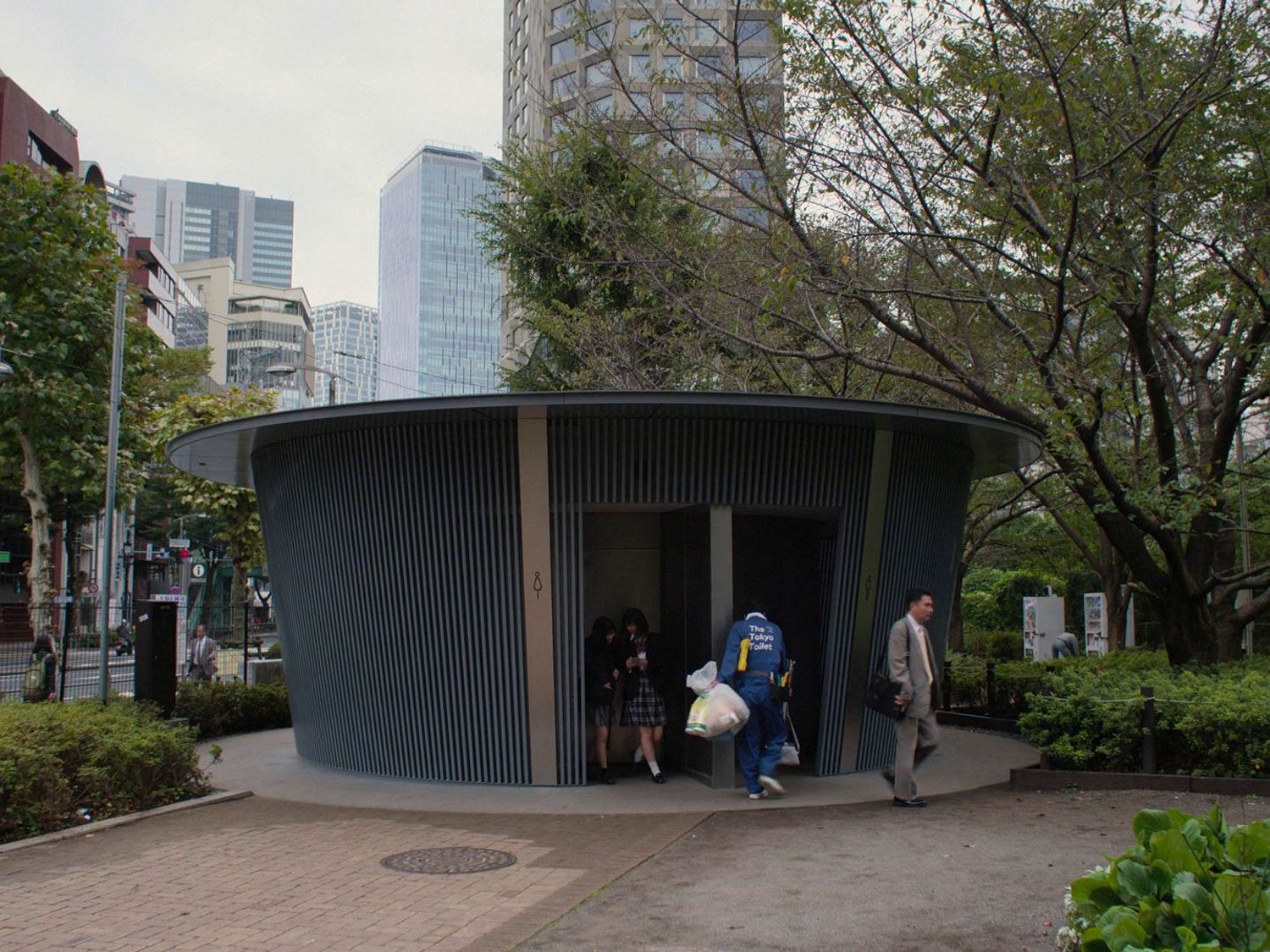THE OUTER WORLD AND THE INNER WORLD: A DAY OF EXQUISITE PERFECTION IN PERFECT DAYS
TEXT: PRATARN TEERATADA
PHOTO COURTESY OF MASTER MIND LTD.
(For Thai, press here)
I recently had the opportunity to watch ‘Perfect Days,’ Japan’s entry for the 2024 Oscars, directed by the German filmmaker Wim Wenders. This strategic choice profoundly shifts the standard of films representing Japan—traditionally positioned parallel to the Western world, never aligning itself with Asian cinema. Japan’s key competitor in the region is undoubtedly South Korea, which already made history by taking Parasite to Oscar victory. By selecting Perfect Days, a film with pacing and storytelling that stands in stark contrast to Parasite, Japan seems to be making a statement: Our cinematic taste does not rely on high-intensity twists, adrenaline-pumping drama, or jaw-dropping plot reversals like yours. Ours is understated, profound. Films by directors like Wim Wenders, Yasujirō Ozu, and even Apichatpong Weerasethakul unfold at an unhurried pace, evoking an introspective journey. Their work carries an inherent Eastern philosophy, seamlessly interwoven into its very fabric.
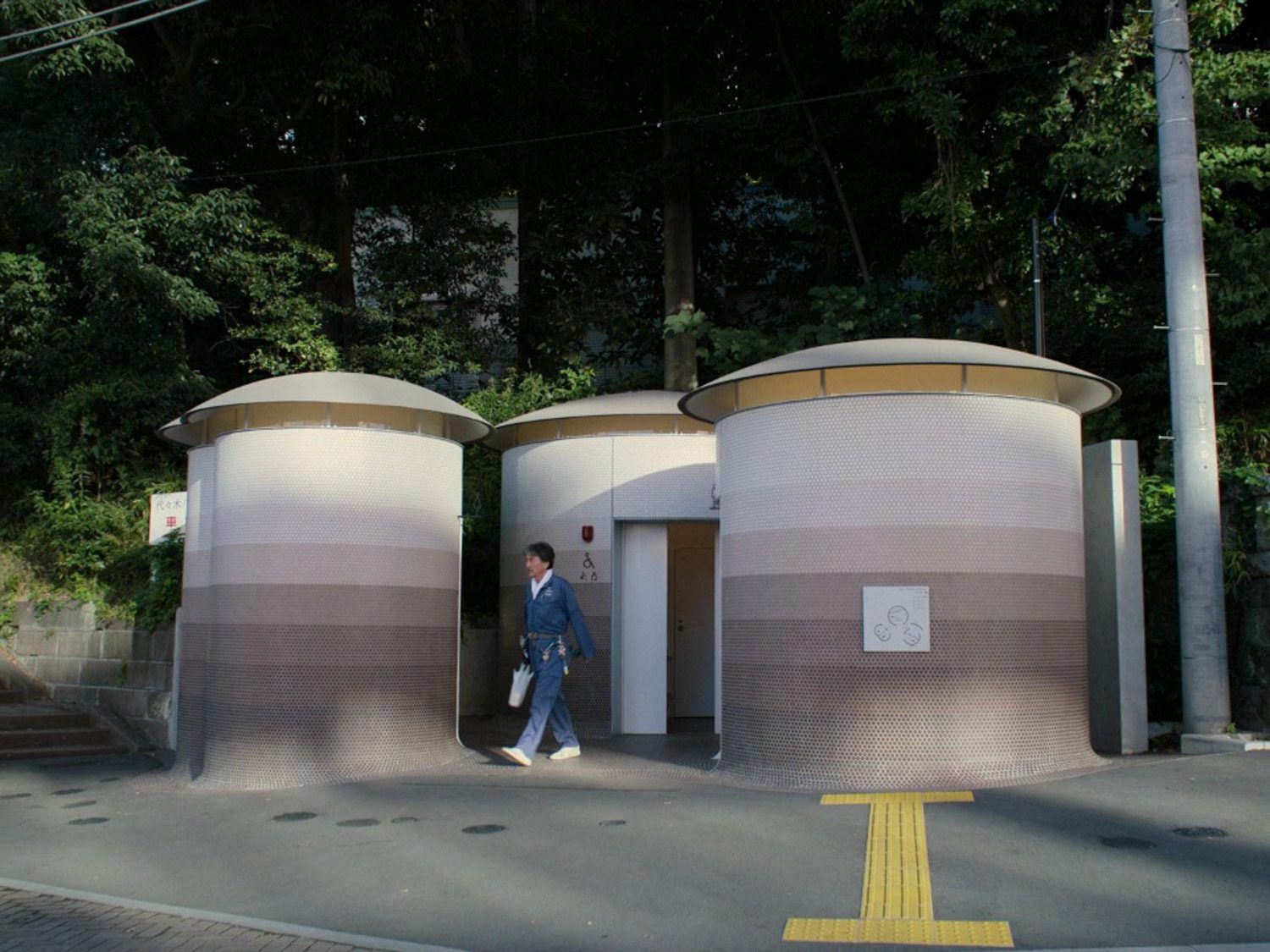
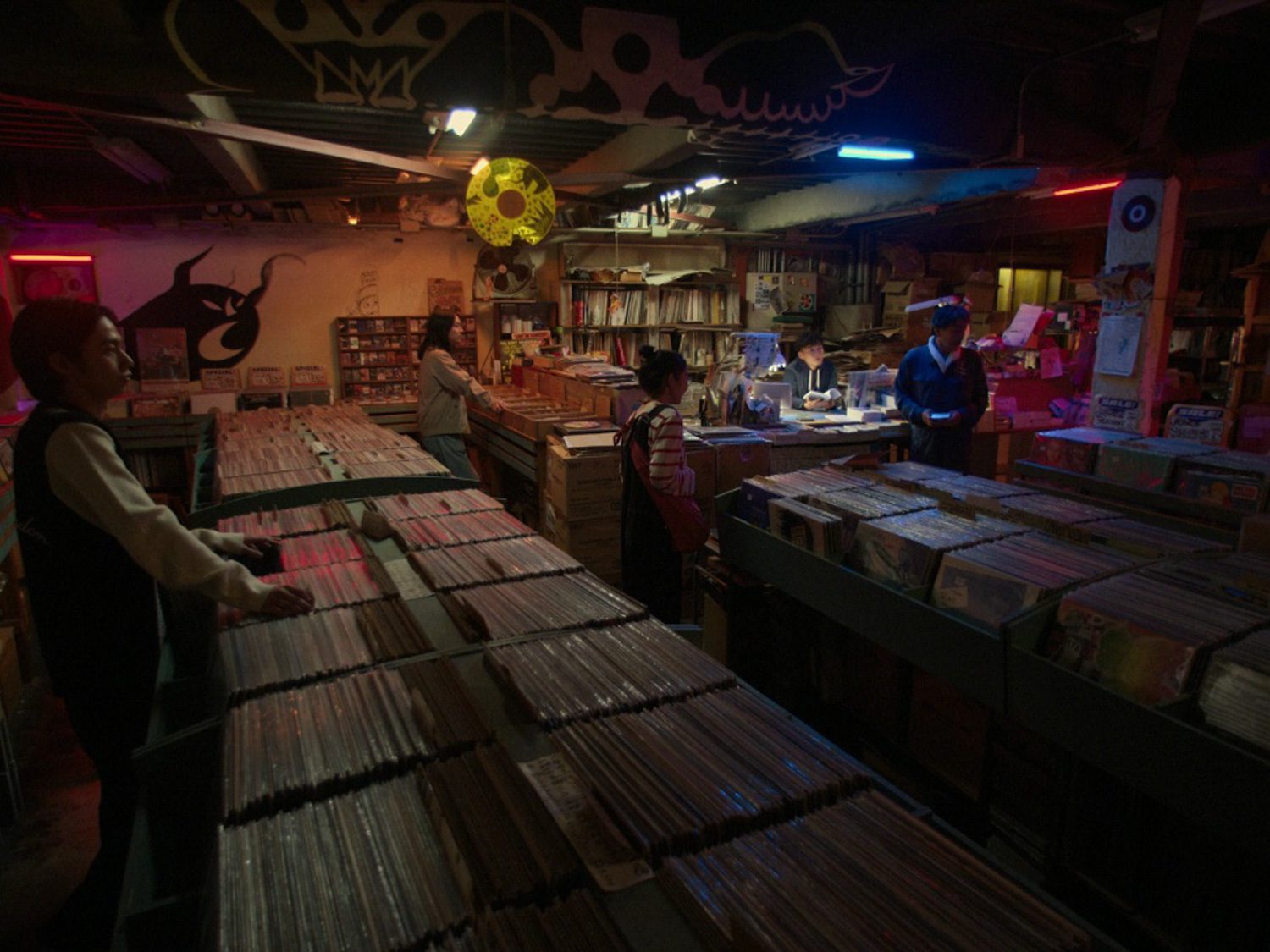
The most enjoyable part of watching this film was touring the public restrooms of The Tokyo Toilet project, known for their exquisite design, and listening to music with Hirayama and Wim Wenders, played from cassette tapes. The playlist ranged from the 70s hit ‘The House of The Rising Sun’ by The Animals, with its Japanese version ‘Asahi – You’ by Asakawa Maki, to other classics like ‘Pale Blue Eyes’ by Velvet Underground and ‘Feeling Good’ by Nina Simone. In a memorable scene, the owner of a bar sings live at a customer’s request, and during one dialogue, a curious exchange unfolds when Hirayama’s niece wonders if the playlist is available on Spotify, to which her uncle amusingly responds, “Where is that place, anyway?”
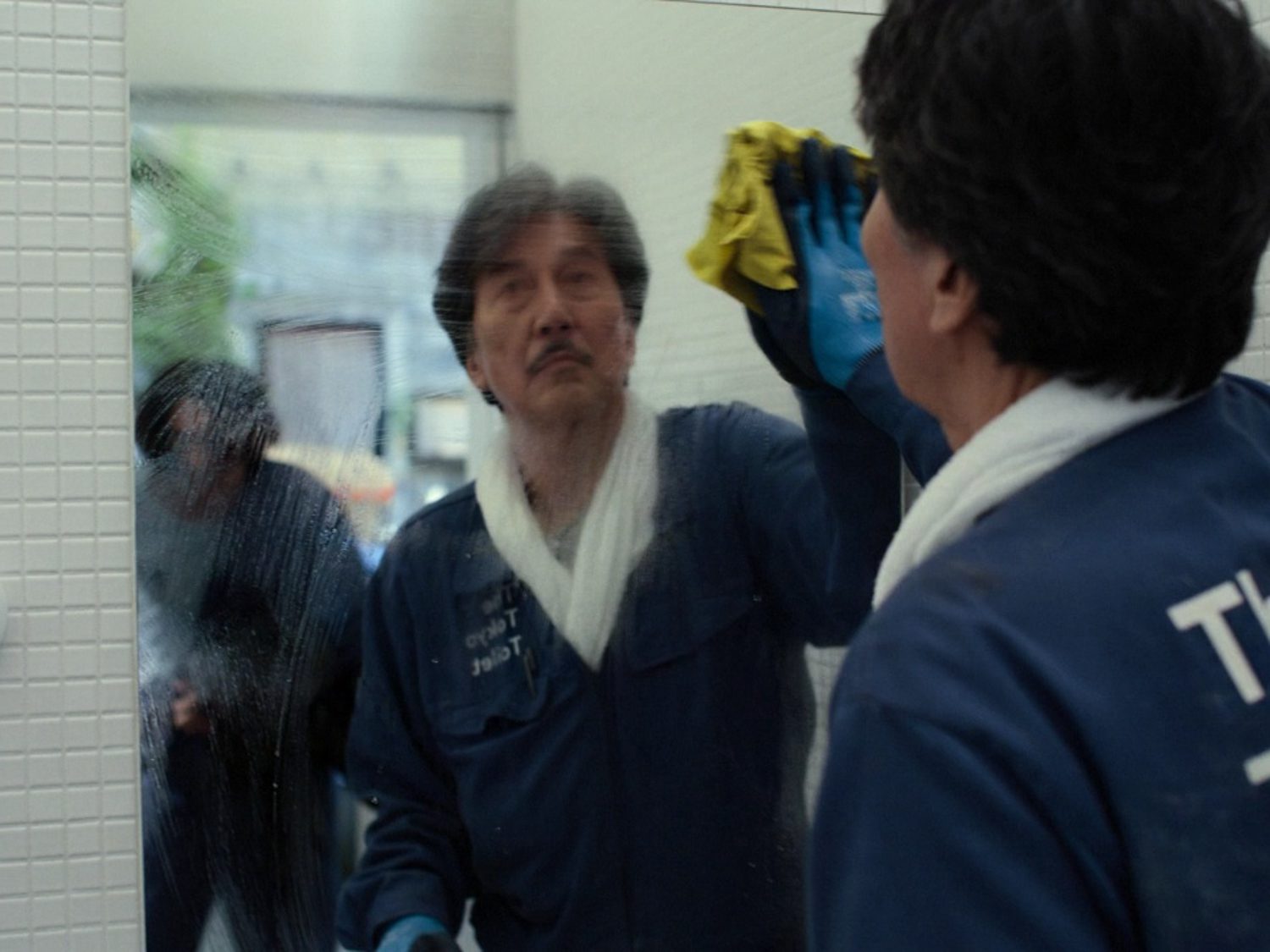
Besides Koji Yakusho, another star of ‘Perfect Days’ is the Tokyo Public Toilet. These facilities, possibly the most advanced in the world, could aptly be termed super toilets. To delve deeper into this architectural marvel, more information can be found about The Tokyo Toilet project at https://art4d.com/en/2021/08/the-tokyo-toilet-project

The Tokyo Toilet project brings together top-tier architects and designers, including Toyo Ito, Tadao Ando, Kengo Kuma, and Fumihiko Maki, among others—17 studios in total—to design 17 public restrooms across the city. Wenders selected several of these restrooms as filming locations, using them to reinforce the film’s central philosophy of Japanese life: solitude, simplicity, and the beauty found in everyday existence. In Perfect Days, the restrooms stand apart from their surroundings, becoming small, self-contained worlds that offer Hirayama a momentary escape from the chaos of Tokyo.

Some notable examples include Shigeru Ban’s transparent restroom, featuring colored glass walls that turn opaque when locked, playing with the contrast between public and private spaces. Nao Tamura’s bright red restroom takes inspiration from Origata, the traditional Japanese art of gift-wrapping with paper. Wonderwall’s Neolithic-style restroom, on the other hand, embraces informality, resembling a structure built organically by locals, with 15 concrete slabs assembled together.
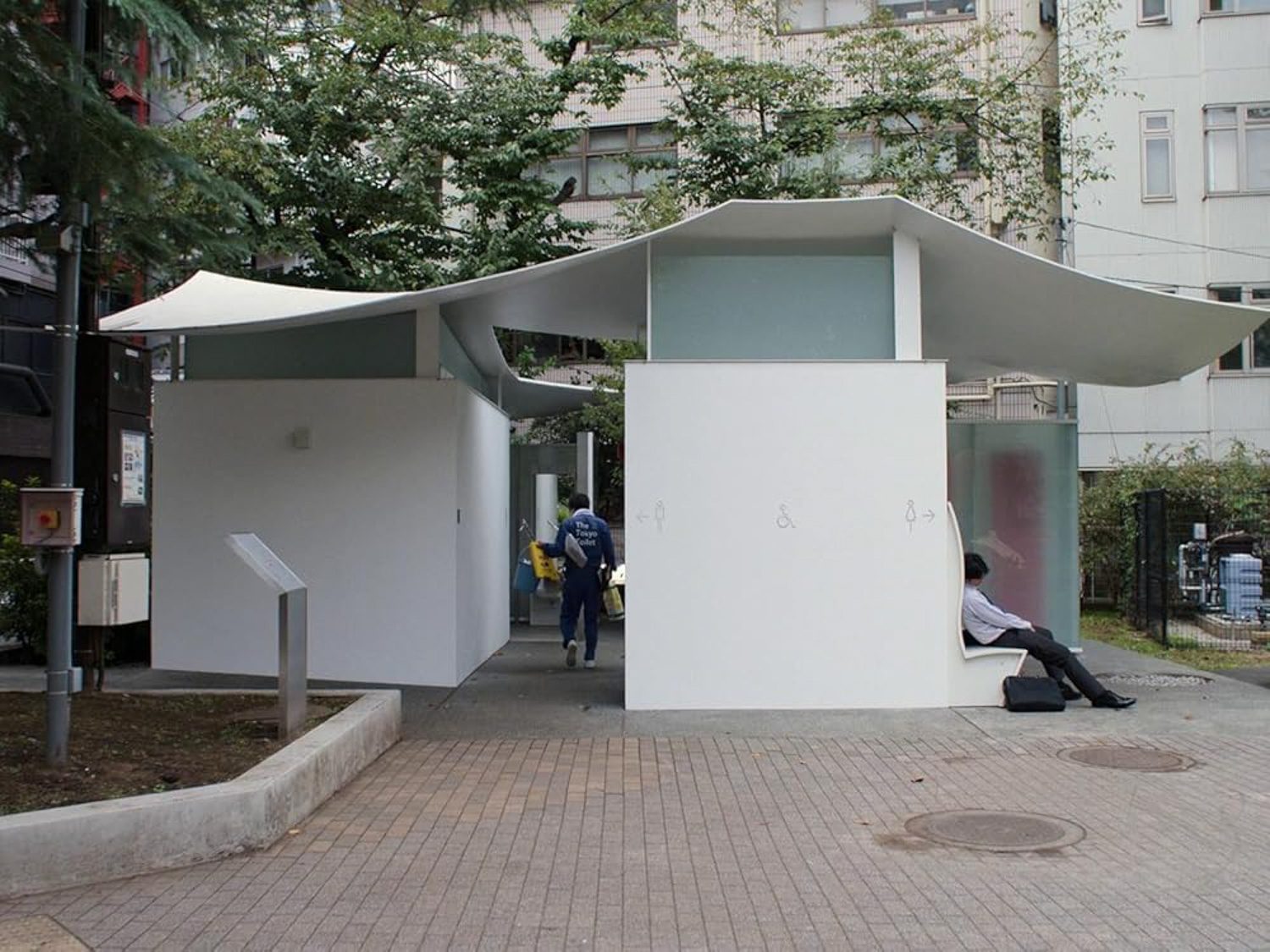
Other playful designs include Fumihiko Maki’s octopus-shaped restroom in Ebisu East Park, intentionally resembling a playground structure, and Kengo Kuma’s ‘public village,’ composed of five interconnected hut-like structures. The interiors, crafted predominantly from wood, evoke the familiar warmth of a home.
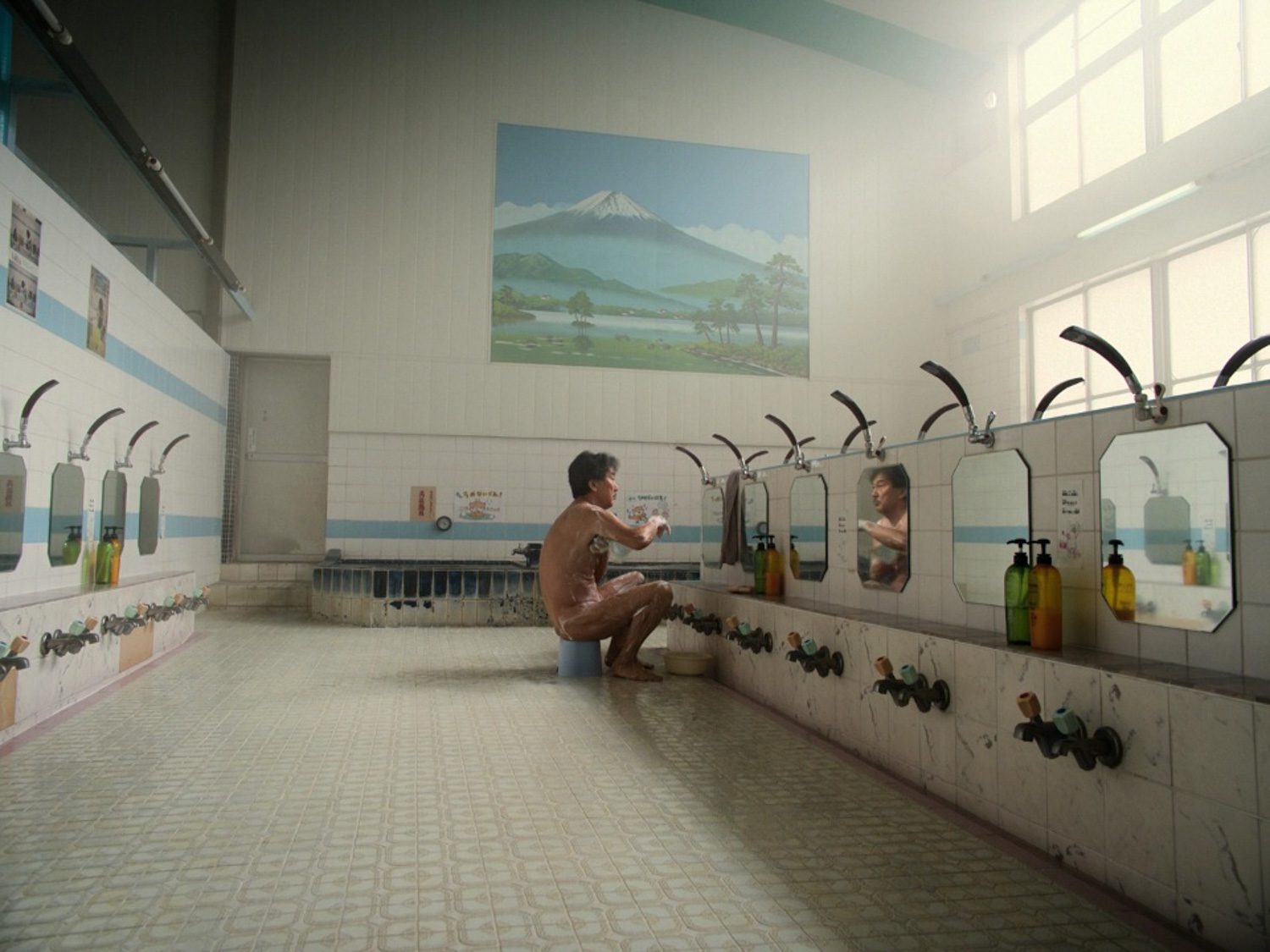
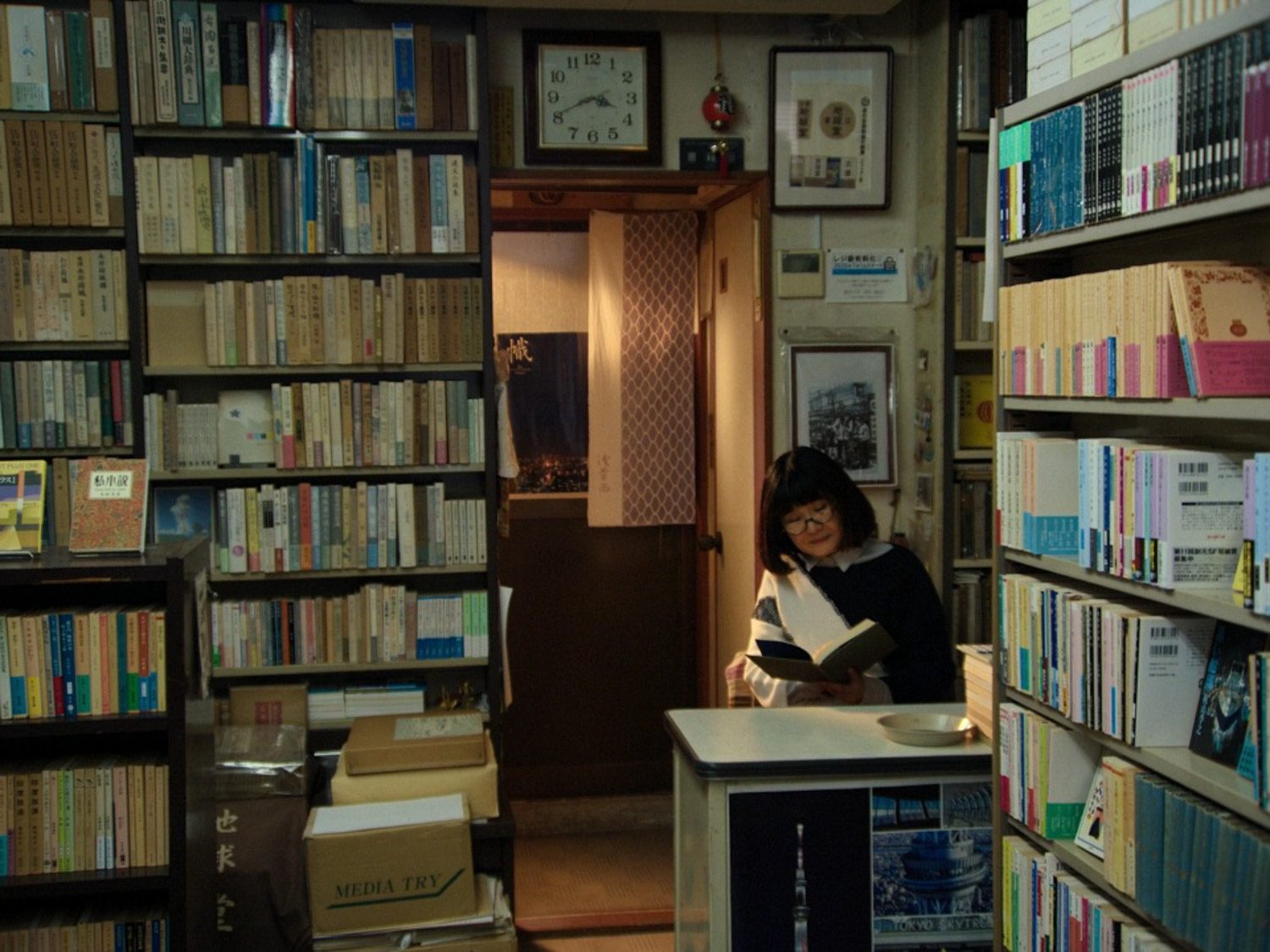
Every design in this project reflects Wenders’ sentiment that “a restroom is a place where everyone is equal—there is no rich or poor, no young or old; we are all simply human.” The meticulous architectural creativity in these spaces mirrors Hirayama’s own devotion to cleanliness and routine. His daily rituals—bathing in a public bathhouse, reading books, listening to music—are all expressions of a quiet beauty that exists entirely beyond wealth or social status.
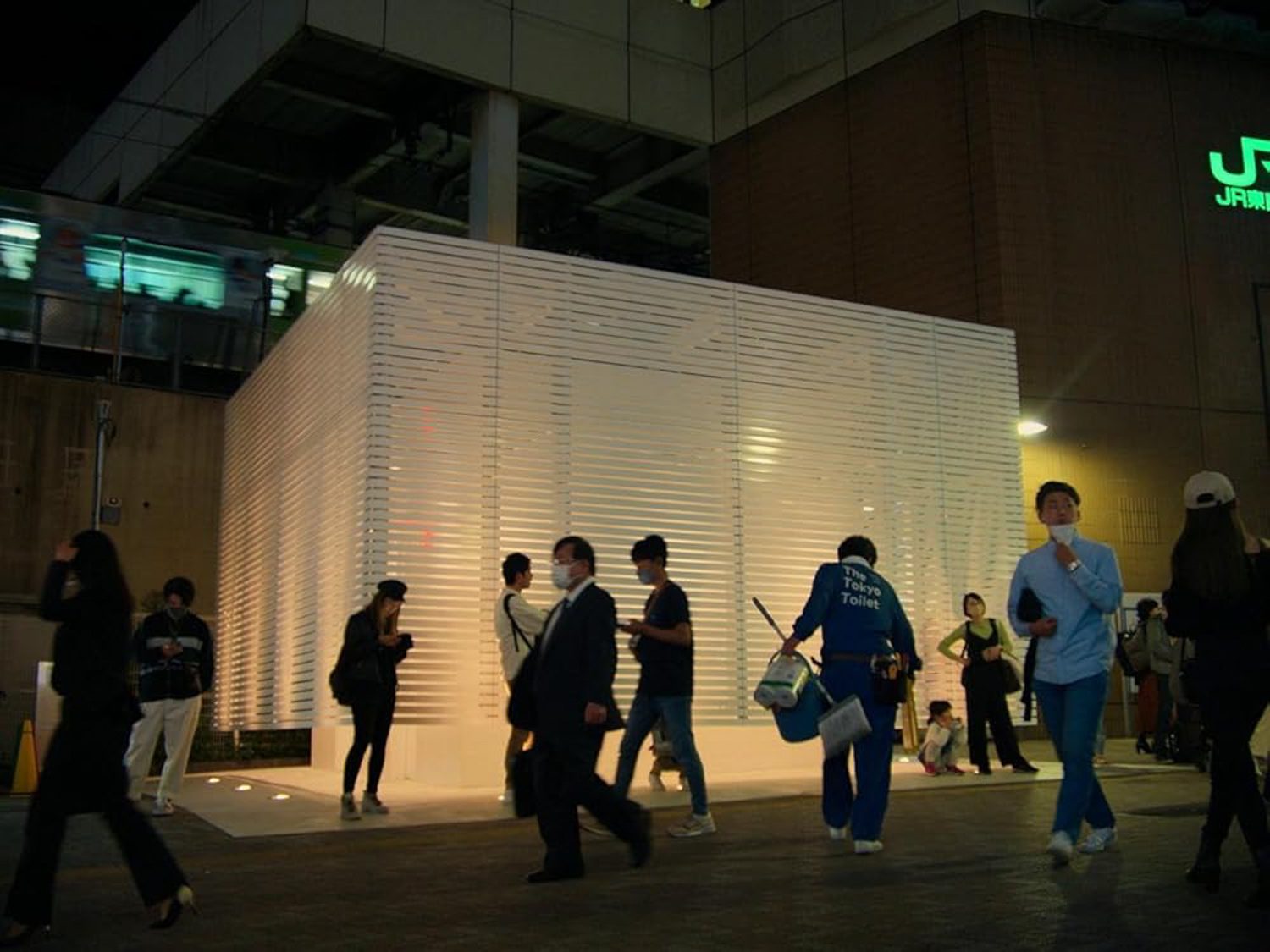
The iconic architectural creations featured in the film are all public places that offer a sense of peace and simplicity. At the same time, they transform into special, self-contained worlds, detached from their surroundings, becoming an integral part of Hirayama’s daily life.
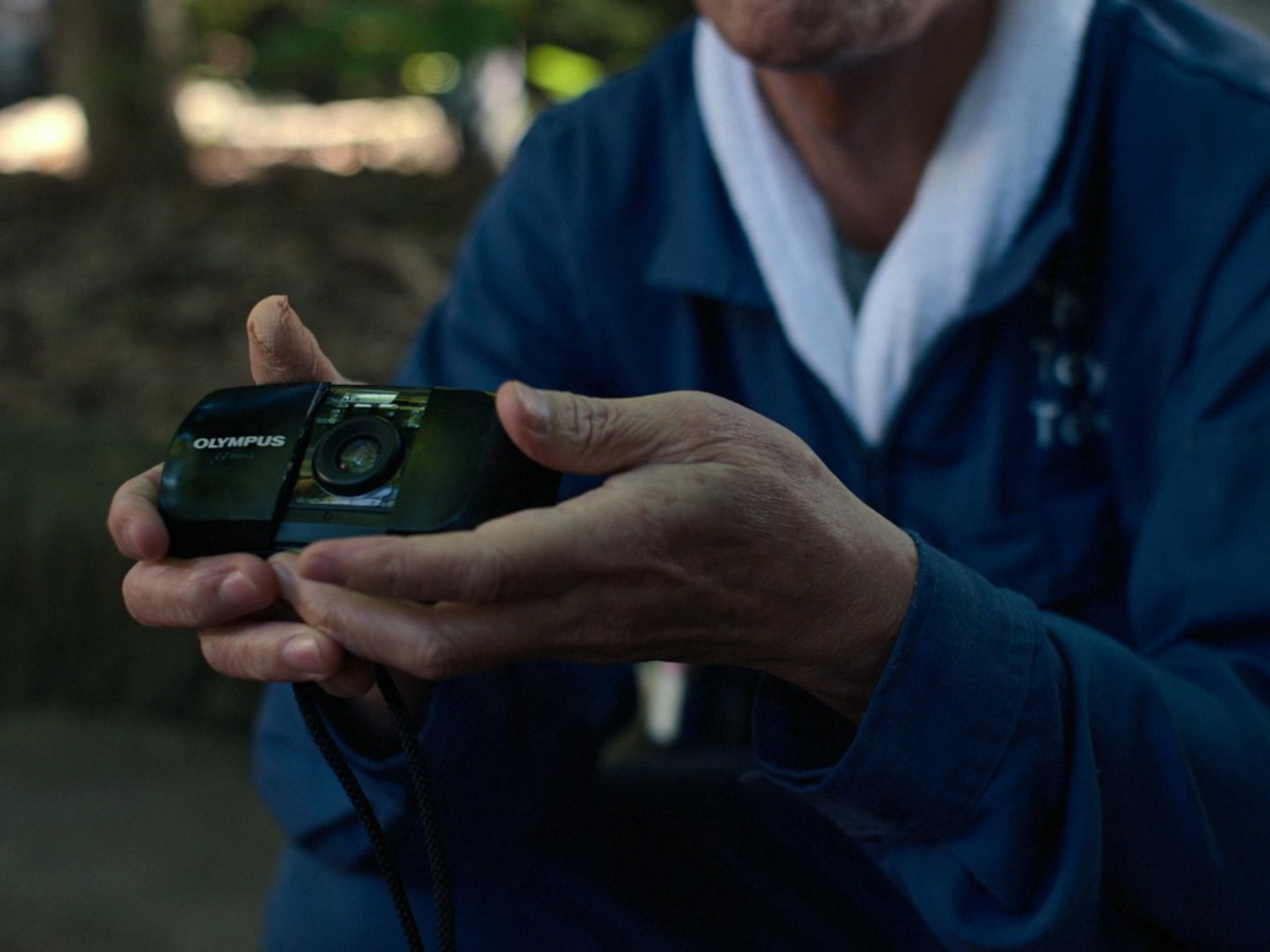
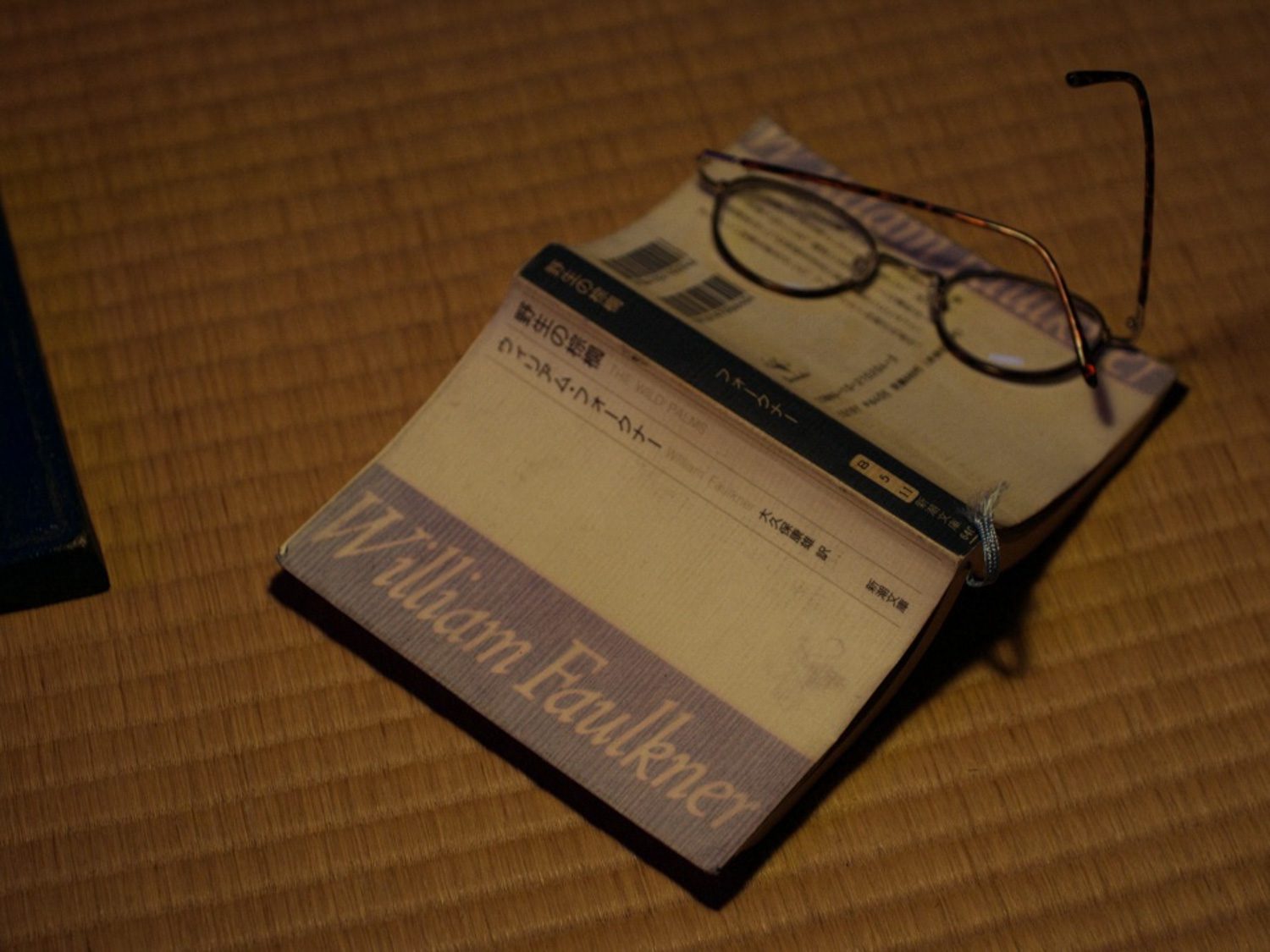
Our world is layered with countless overlapping worlds—some connected, others entirely separate. Hirayama’s world, played by Koji Yakusho, is one of quiet, deliberate routine, shaped by his own choices. He works as a public restroom cleaner in Tokyo, leading a simple life that brings him contentment, a life that contrasts with conventional notions of success. He embraces an analog lifestyle in a modern world, happily listening to music on cassette tapes, reading secondhand books, and nurturing his deep fondness for trees. His passion lies in photographing nature with a film camera, a hobby he pursues with quiet dedication. His life moves along peacefully—until others enter his world, stirring memories of his past.

A man of few words, Hirayama rarely speaks, but he seems to understand the emotions of those around him with remarkable clarity. When he does, his simple yet poetic words leave a lasting impression: ‘Tomorrow is tomorrow. Today is today.’ This, undeniably, is Wim Wenders’ message to the Academy as Japan’s representative—a quiet but profound expression of Eastern philosophy: Finding Joy in Everyday Life.

